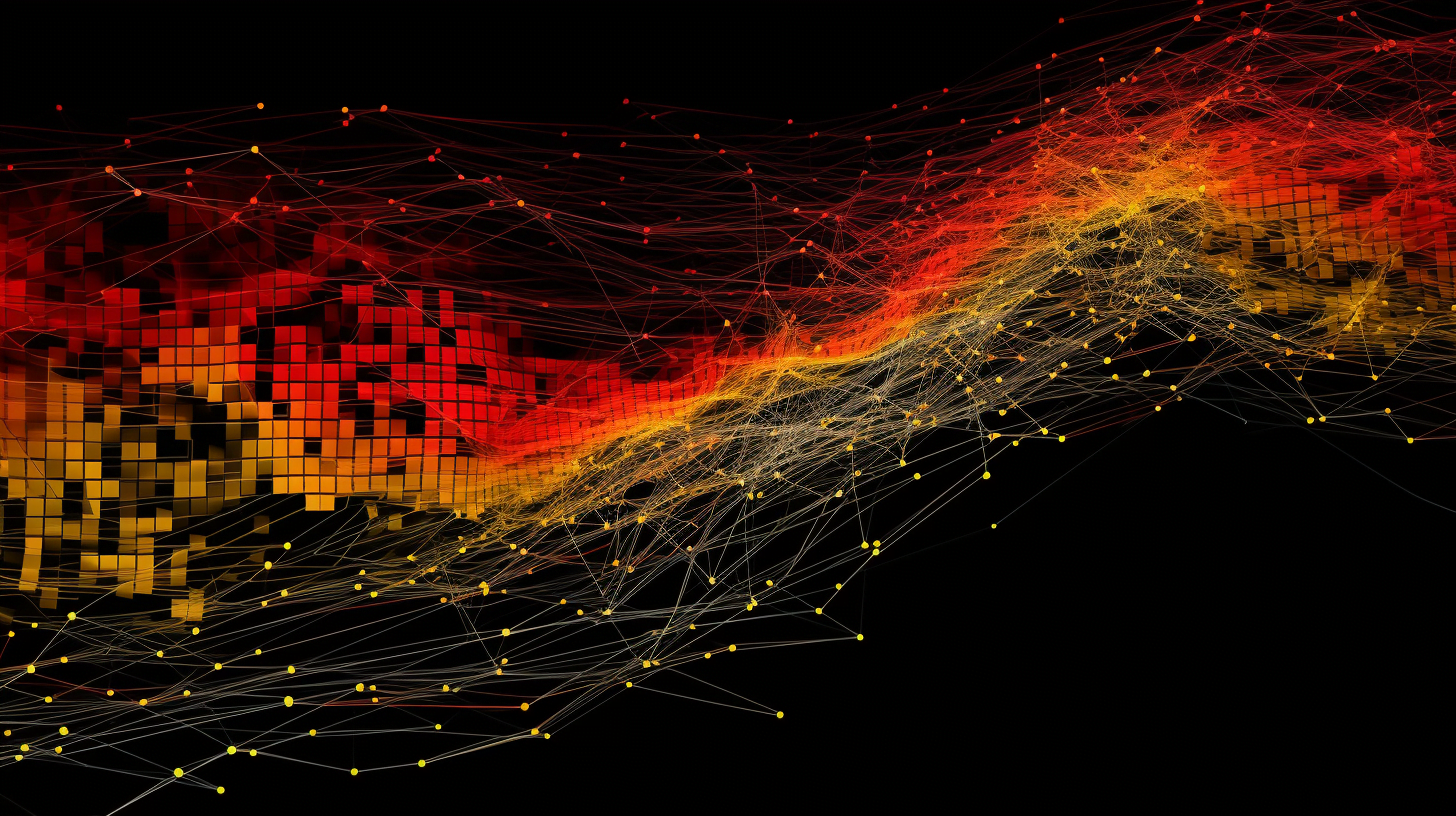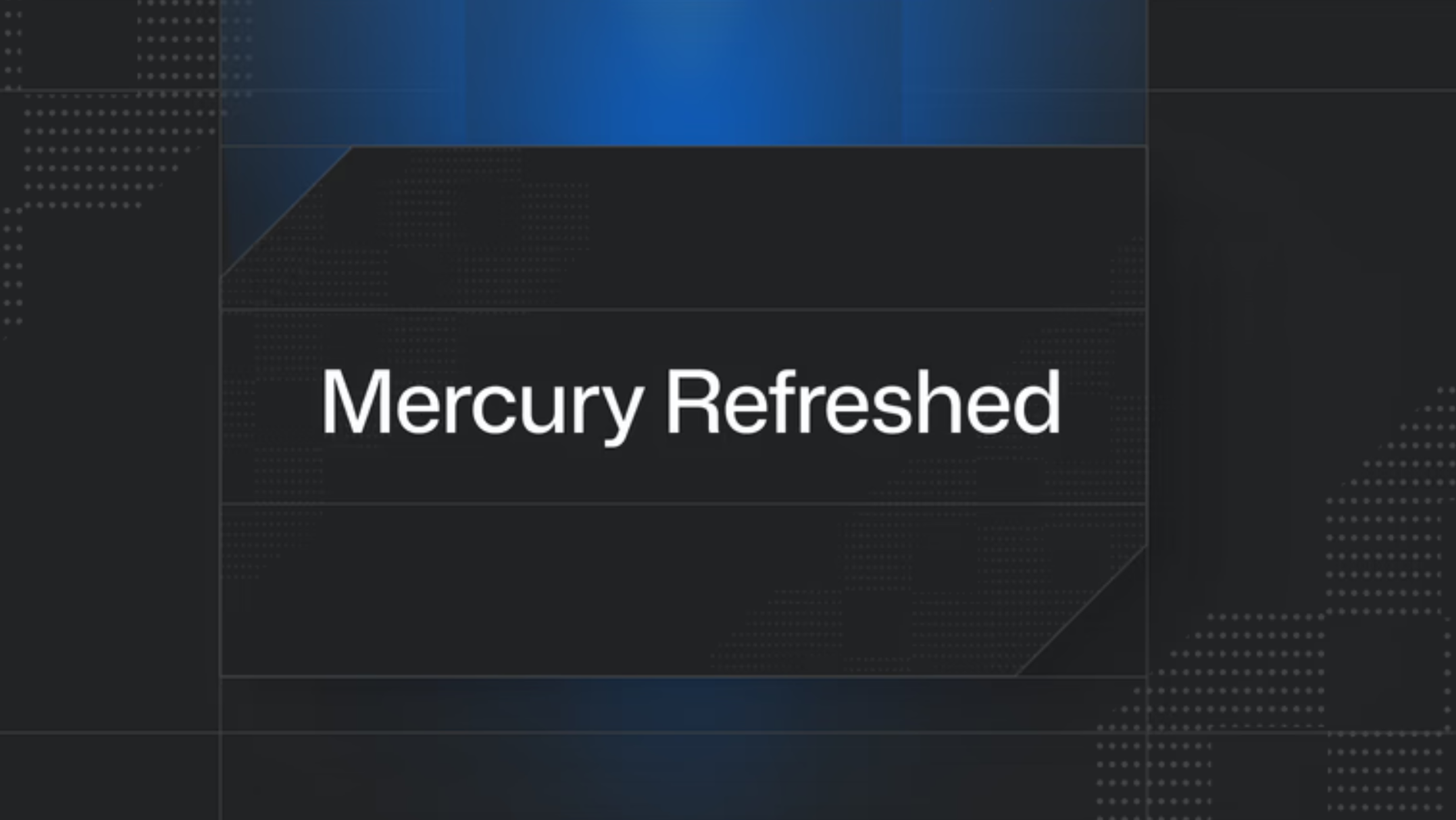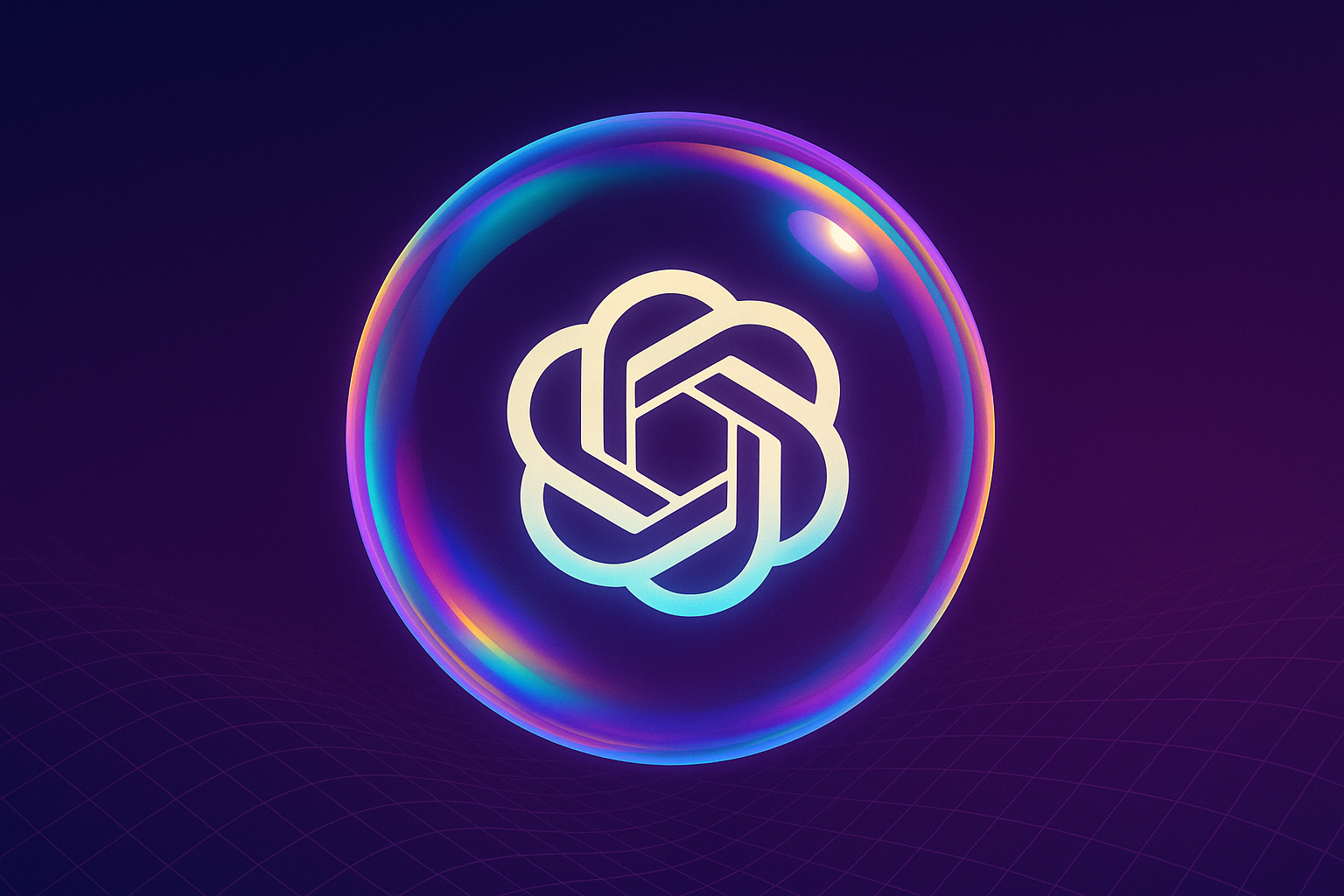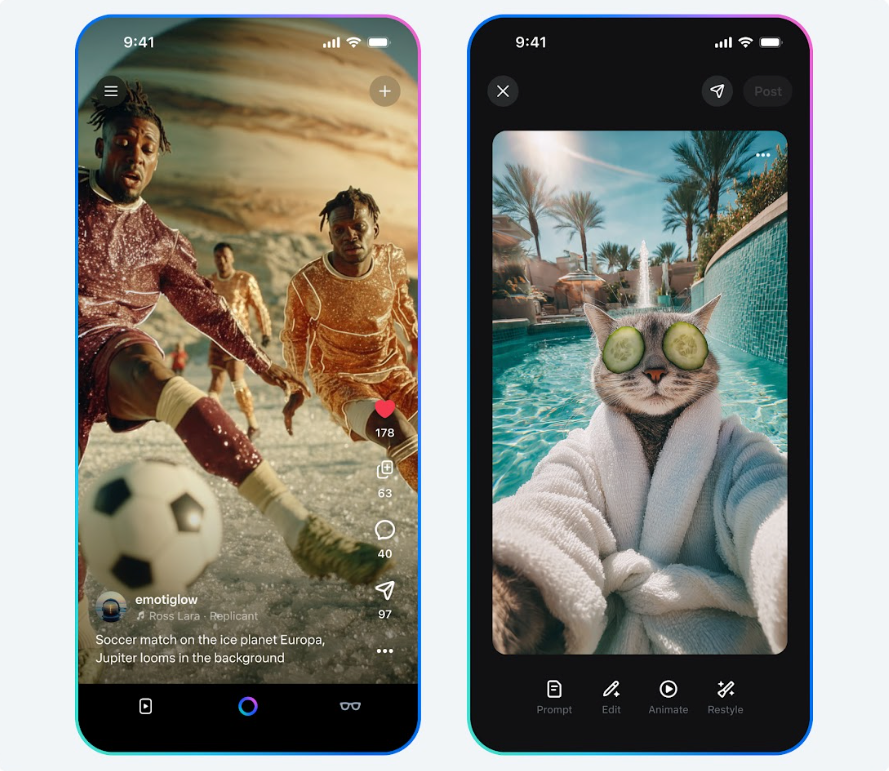Google is introducing a cloud-based system called Private AI Compute designed to protect user data during AI processing. Jay Yagnik, Google's Vice President of AI Innovation, said the technology runs tasks inside an isolated environment that no one - not even Google - can access.
The system uses Google's own TPUs along with Titanium Intelligence Enclaves for encrypted data handling, building on the company’s existing privacy and security framework.
Early applications appear on Pixel devices, including Magic Cue and the Recorder app, which now supports more languages. The goal is to let Gemini models deliver their full performance without exposing personal data. Google has also published a technical brief outlining the system's architecture and privacy safeguards.





